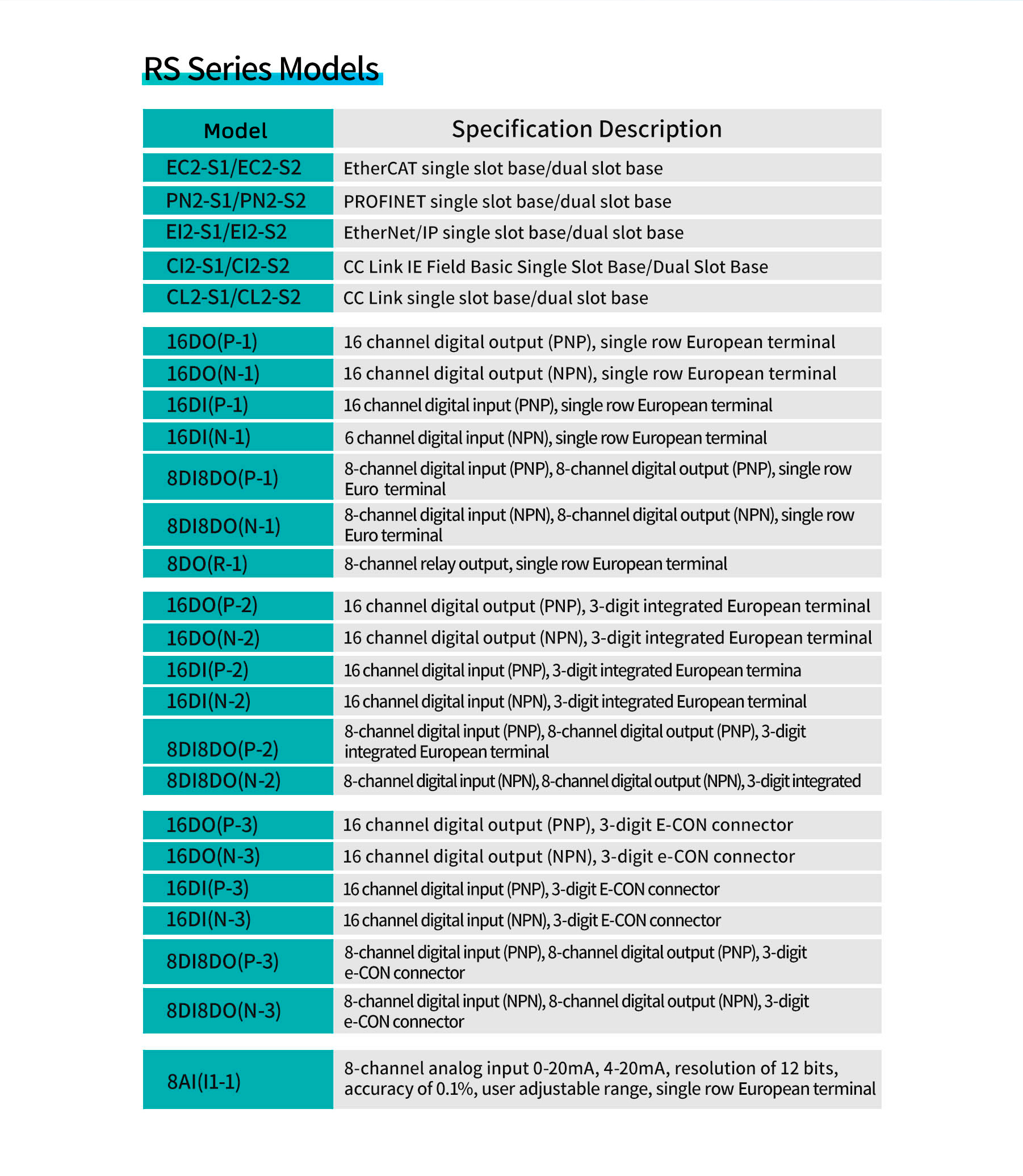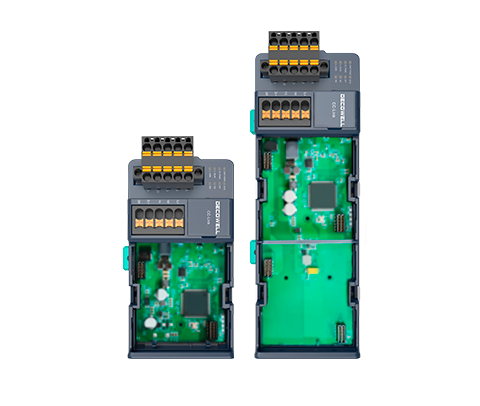Imagine a bustling Kenyan marketplace; vendors and customers alike navigate a world saturated with options. Now, multiply that complexity by a thousand when managing your data—how do you ensure efficiency and effectiveness? The answer often lies in advanced solutions like integrated io, which are designed to simplify and streamline operations amidst chaos.

Flaws in Traditional Solutions
Many businesses continue to rely on outdated methods for data management. Traditional solutions often fall victim to inefficiencies — data silos, slow processing times, and a lack of real-time access plague everyday operations. Why do failures always occur during peak business hours? Unreliable systems can lead to massive losses. With so many moving parts, it’s clear that sticking to these archaic methods only leads to frustration and missed opportunities.
Principles of New Technology
Enter modern innovations, where integrated io solutions thrive. These systems are built on principles of interconnectivity and user empowerment. They utilize edge computing nodes to ensure that data processing occurs close to the source, reducing latency significantly. Look, it’s simpler than you think — with integrated io, businesses can handle data in real-time while maintaining high degrees of accuracy. In an age where speed and agility are paramount, leveraging such technology is not just beneficial, but necessary.
User Benefits Quantified
With the shift to integrated io systems, users experience a myriad of benefits. Businesses report decrease in operational costs—up to 30%—and improvements in data processing speed by as much as 50%. Moreover, these benefits translate into better customer satisfaction, enhanced decision-making, and ultimately, higher revenues. By quantifying these advantages, companies can clearly see the value integrated io brings to their operations.
Conclusion: Three Essential Metrics for Evaluation
Always verify these three metrics when choosing solutions: ① Data Processing Speed ② Scalability ③ Cost Efficiency. These criteria are crucial in ensuring that the chosen technology aligns with business goals while providing tangible benefits. In the rapidly evolving digital age, making informed choices about integrated io solutions can set your business apart from the competition.
Multifunctional IO Module
The multifunctional io module is revolutionising how businesses think about integration and data management. Designed for flexibility and ease of integration, this module allows enterprises to connect and optimise their operations seamlessly. Flexible configurations mean that businesses can adjust based on current needs, leading to increased efficiency and a more agile operational approach. By adopting this technology, organisations position themselves at the forefront of innovation, making data-driven decisions easier than ever.

Multifunctional IO Device
Moreover, embracing the multifunctional io device provides a holistic approach to management. With options to interface various applications and handle complex data tasks simultaneously, this device epitomises the future of integrated technology. It enables smoother communication between different systems, ensuring that all parts of an organisation work together in harmony. As a result, businesses can maintain peak performance and adapt to changes in the market with minimal disruption.
Summary and Recommendation
In summary, embracing technologies such as integrated io, particularly via a multifunctional io module or multifunctional io device, can significantly enhance operational efficiency and performance. Thus, when seeking reliable manufacturing partners for these cutting-edge technologies, look no further than DECOWELL. With supply advantages and a commitment to quality, DECOWELL stands out as a trusted source for businesses ready to embrace the future.

